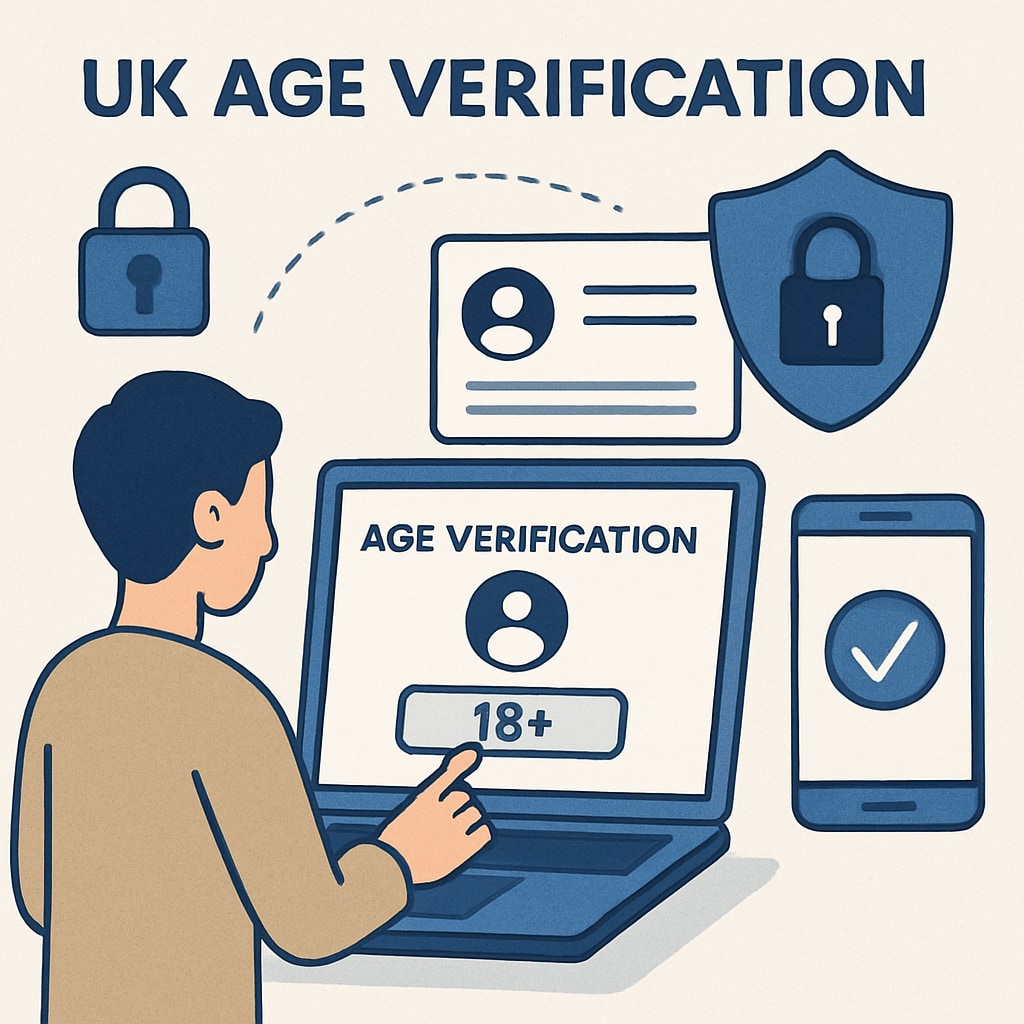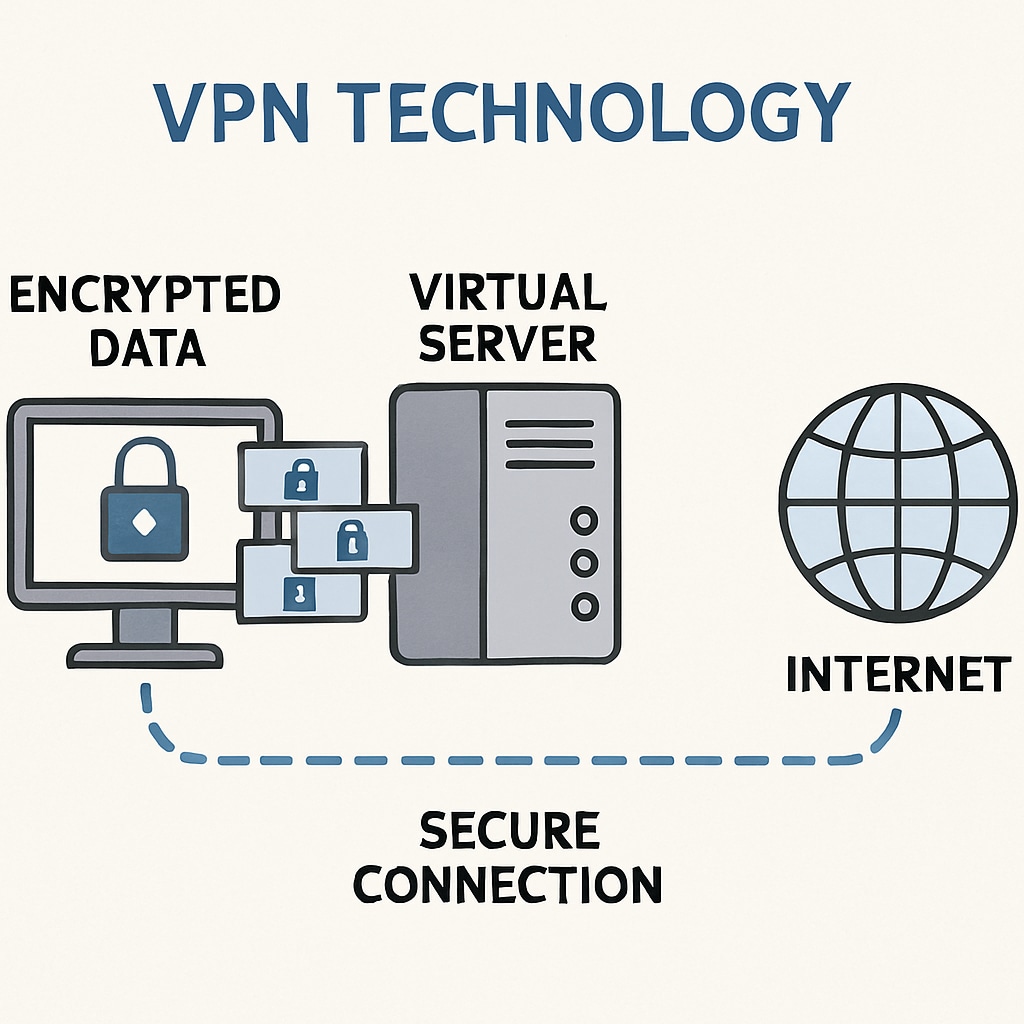The recent implementation of stringent age verification laws in the UK has ignited widespread debate and significant behavioral changes among internet users. These regulations, aimed at restricting access to certain online content, have inadvertently caused a surge in VPN (Virtual Private Network) usage as individuals seek to maintain online privacy and bypass restrictions. This article delves into the implications of these laws, the reasons behind the increased adoption of VPNs, and the broader consequences for online privacy and security.
Understanding the UK’s Age Verification Laws
In an effort to protect minors from accessing explicit online content, the UK government introduced age verification laws requiring users to prove they are over 18 before accessing certain websites. While the intention behind these regulations is commendable, they have sparked concerns over privacy, data security, and the potential for overreach in digital surveillance.
Under these laws, users must provide personal information such as identification documents or credit card details to verify their age. Critics argue that this approach not only risks exposing sensitive data to potential breaches but also creates a centralized database of users’ online activities, which could be exploited if mishandled.

Why VPN Usage Is Rising
The introduction of these regulations has led many UK internet users to turn to VPNs as a means of circumventing the restrictions. VPNs are tools that allow users to mask their IP addresses and encrypt their internet traffic, effectively hiding their online activities from prying eyes. By connecting to servers in countries without such age verification requirements, users can bypass the restrictions and access content anonymously.
Several factors have contributed to the rise in VPN usage in the UK:
- Privacy concerns: Many users are wary of sharing personal information with third-party verification systems, fearing data leaks or misuse.
- Access to restricted content: VPNs allow users to access websites and services that are otherwise blocked under the new regulations.
- Ease of use: VPNs are readily available and simple to install, making them an attractive option for those seeking to bypass restrictions.
As a result, the demand for VPN services has skyrocketed, with numerous providers reporting a significant increase in subscriptions following the implementation of the laws.

The Broader Implications for Online Privacy
While VPNs offer a solution to the immediate challenges posed by the UK’s age verification laws, their rising popularity also raises important questions about the future of online privacy and digital rights. On the one hand, VPNs empower users to reclaim control over their online experiences, ensuring their activities remain private and secure. On the other hand, the growing reliance on such tools underscores the need for governments to strike a balance between regulation and individual freedoms.
Furthermore, the widespread adoption of VPNs could lead to unintended consequences, such as the proliferation of illegal activities or the erosion of trust in legitimate online platforms. It is therefore crucial for policymakers to consider these factors when drafting future regulations and to engage with stakeholders to develop solutions that uphold both safety and privacy.
Conclusion
The UK’s age verification laws have undoubtedly achieved their goal of sparking a conversation about online safety and responsibility. However, the resulting surge in VPN usage highlights the need for a more nuanced approach to regulation that respects users’ privacy while addressing legitimate concerns about harmful content. As the digital landscape continues to evolve, it is imperative for governments, technology providers, and civil society to work together to create a safer, more secure online environment for all.
Readability guidance: Short paragraphs and clear headings enhance readability. Lists are used to summarize key points, and transitions such as “however,” “furthermore,” and “as a result” help maintain a logical flow. Active voice is prioritized wherever possible.


